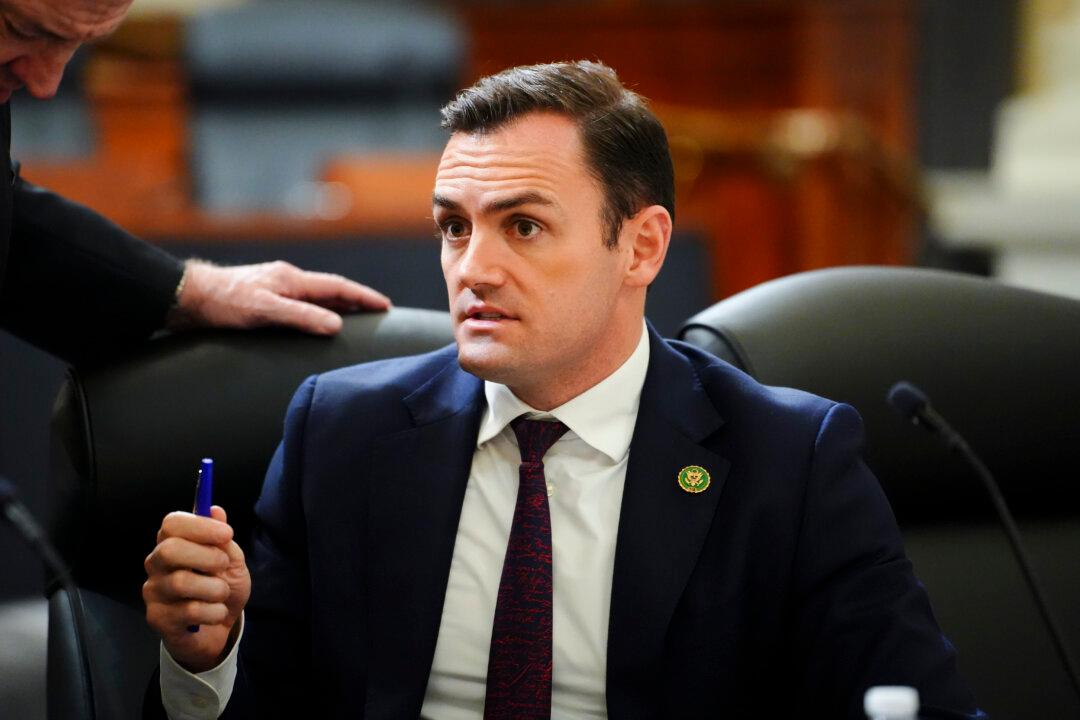The top Republican and Democrat of a congressional committee on China are urging Americans to be alert to the Chinese Communist Party’s (CCP) influence operations known as “united front work”—a system that the United States has “no direct analogue” and its threats are “little understood.”
On Nov. 27, Rep. Mike Gallagher (R-Wis.) and Rep. Raja Krishnamoorthi (D-Ill.), chair and ranking member of the House Select Committee on the CCP, issued a memo titled “United Front 101,” explaining how every CCP leader from Mao Zedong to Xi Jinping has valued the system to achieve the party’s goals.





